Think Again-Day51
Description
One of the world’s leading experts on conflict is an
organizational psychologist in Australia named Karen “Etty” Jehn. When you think about conflict, you’re probably picturing what Etty calls relationship conflict—personal, emotional clashes that are filled not just with friction but also with animosity. I hate your stinking guts. I’ll use small words so that you’ll be sure to understand, you warthog-faced buffoon. You bob for apples in the toilet . . . and you like it.
But Etty has identified another flavor called task conflict—
clashes about ideas and opinions. We have task conflict when we’re debating whom to hire, which restaurant to pick for dinner, or whether to name our child Gertrude or Quasar. The question is whether the two types of conflict have different consequences.
A few years ago I surveyed hundreds of new teams in Silicon Valley on conflict several times during their first six months working together. Even if they argued constantly and agreed on nothing else, they agreed on what kind of conflict they were having. When their projects were finished, I asked their managers to evaluate each team’s effectiveness. The teams that performed poorly started with more relationship conflict than task conflict. They entered into personal feuds early on and were so busy disliking one another that they didn’t feel comfortable challenging one another. It took months for many of the
teams to make real headway on their relationship issues, and by the time they did manage to debate key decisions, it was often too late to rethink their directions.
What happened in the high-performing groups? As you might expect, they started with low relationship conflict and kept it low throughout their work together. That didn’t stop them from having task conflict at the outset: they didn’t hesitate to surface competing perspectives. As they resolved some of their differences of opinion,
they were able to align on a direction and carry out their work until they ran into new issues to debate.
کانال خلاصه کتاب (https://t.me/luminous_bookclub)
کانال موزیک (https://t.me/luminous_music)
کانال مکالمات روزمره (https://t.me/foroughpapi)
📱 پیج اینستاگرام: Luminous__english
Castbox channel: luminous english
📚هایلایت قسمت 51 کتاب Think Again
✅ Leading expert: A person who is one of the best in a particular field, کارشناس برجسته
✅ Organizational psychologist: A psychologist who studies human behavior in workplaces, روانشناس سازمانی
✅ Relationship conflict: Disagreements based on personal or emotional issues, تعارض رابطهای
✅ Filled with animosity: Full of strong dislike or hostility, پر از خصومت
✅ Task conflict: Disagreements about ideas, opinions, or tasks, تعارض وظیفهای
✅ Clashes about ideas: Strong disagreements regarding thoughts or concepts, برخورد نظرات
✅ Debating: Discussing different opinions, often to reach a decision, بحث کردن
✅ Different consequences: Different results or effects, پیامدهای متفاوت
✅ Surveyed hundreds of teams: Collected information from many groups by asking questions, نظرسنجی از صدها تیم
✅ Working together: Collaborating with others, همکاری کردن
✅ Evaluate effectiveness: Judge how well something works or achieves goals, ارزیابی اثربخشی
✅ Performed poorly: Did badly or with low quality, عملکرد ضعیف داشتن
✅ Personal feuds: Ongoing and bitter personal disputes, دشمنیهای شخصی
✅ Challenging one another: Questioning or testing each other’s ideas, به چالش کشیدن یکدیگر
✅ Make real headway: Make significant progress, پیشرفت قابل توجه داشتن
✅ Debate key decisions: Discuss important choices, بحث درباره تصمیمات کلیدی
✅ High-performing groups: Teams that work very successfully, گروههای با عملکرد بالا
✅ Surface competing perspectives: Bring up and share different or opposing viewpoints, مطرح کردن دیدگاههای متفاوت
✅ Differences of opinion: Disagreement in ideas or beliefs, اختلاف نظر
✅ Align on a direction: Agree on a shared plan or course of action, هماهنگ شدن روی یک مسیر
✅ Ran into new issues: Encountered new problems, برخورد با مشکلات جدید

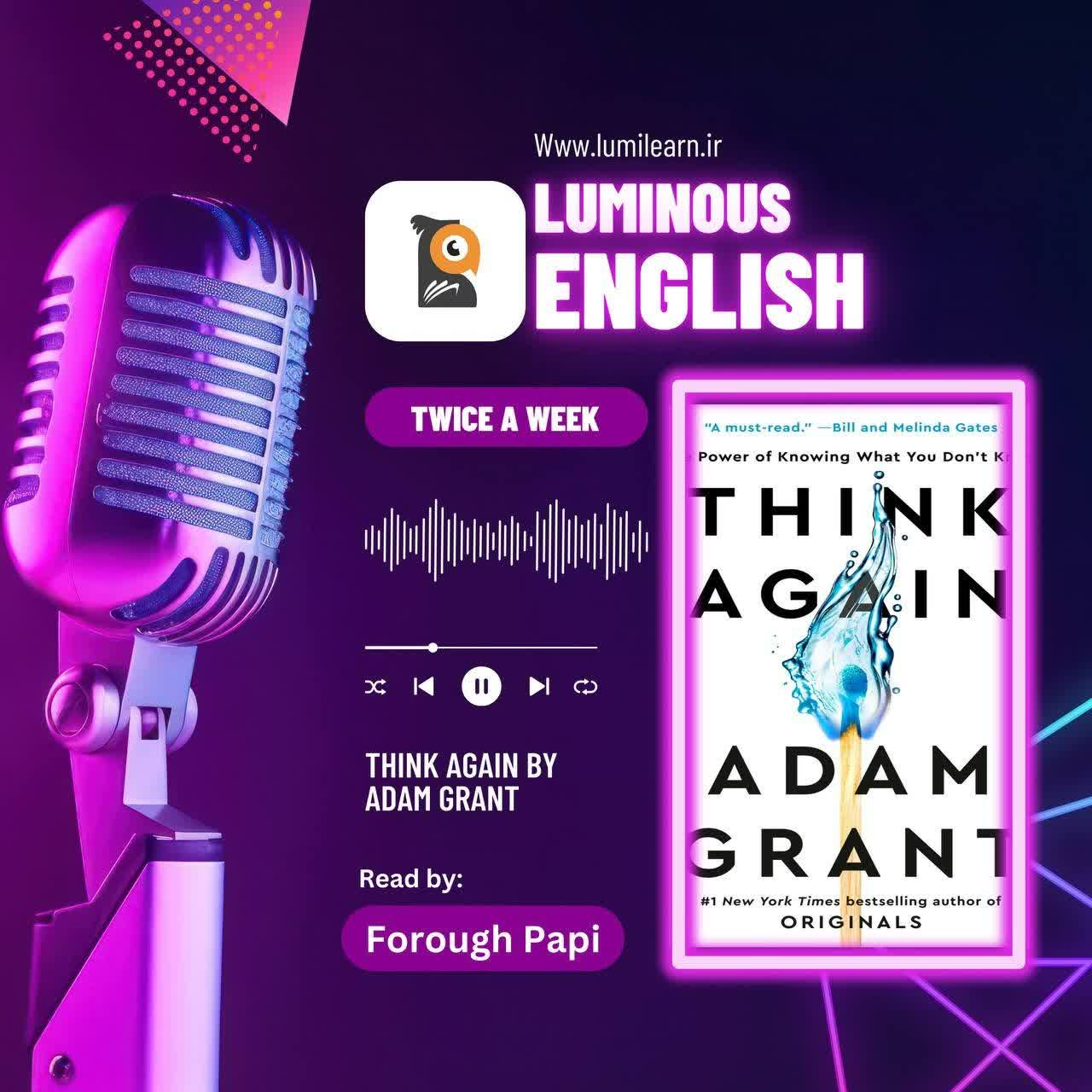
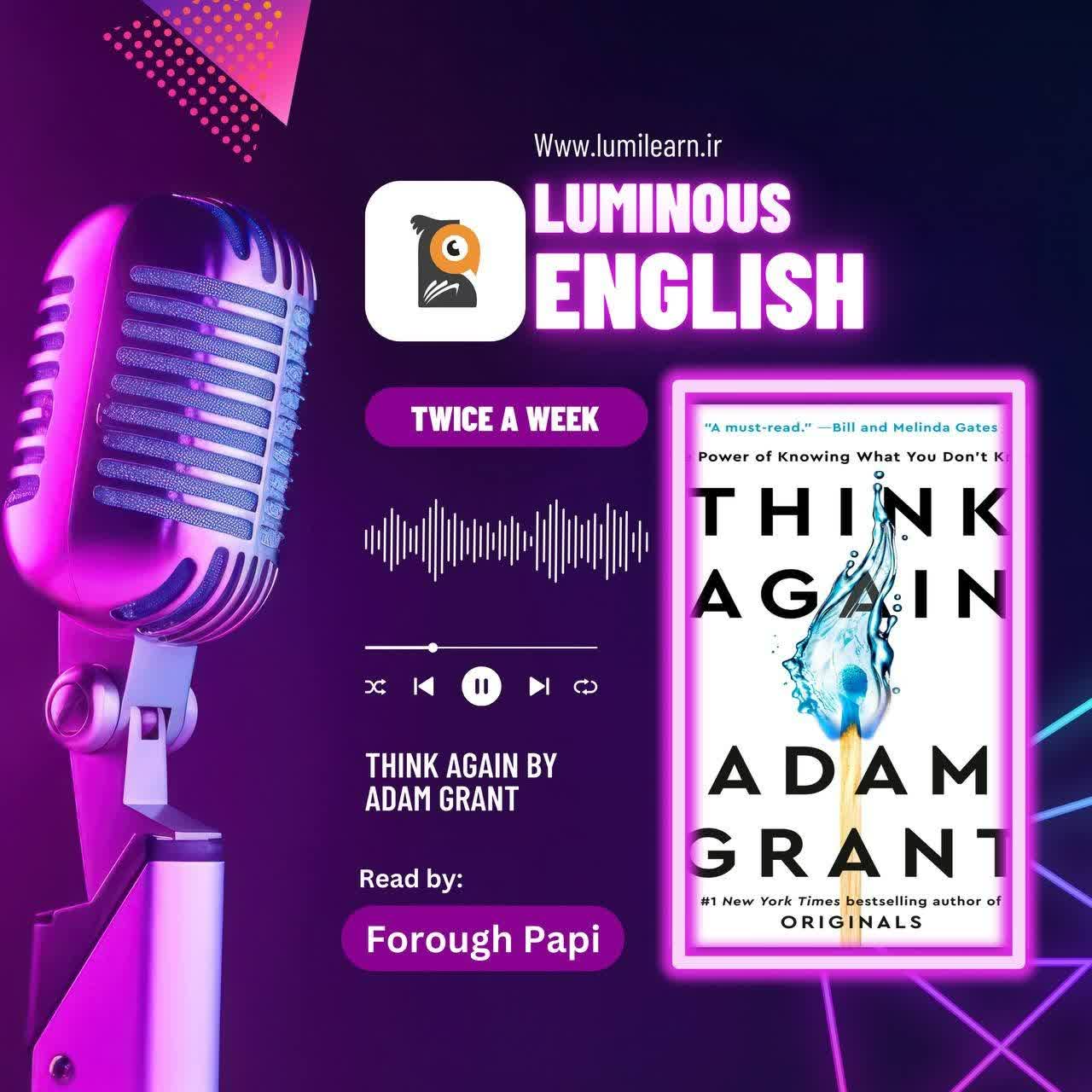
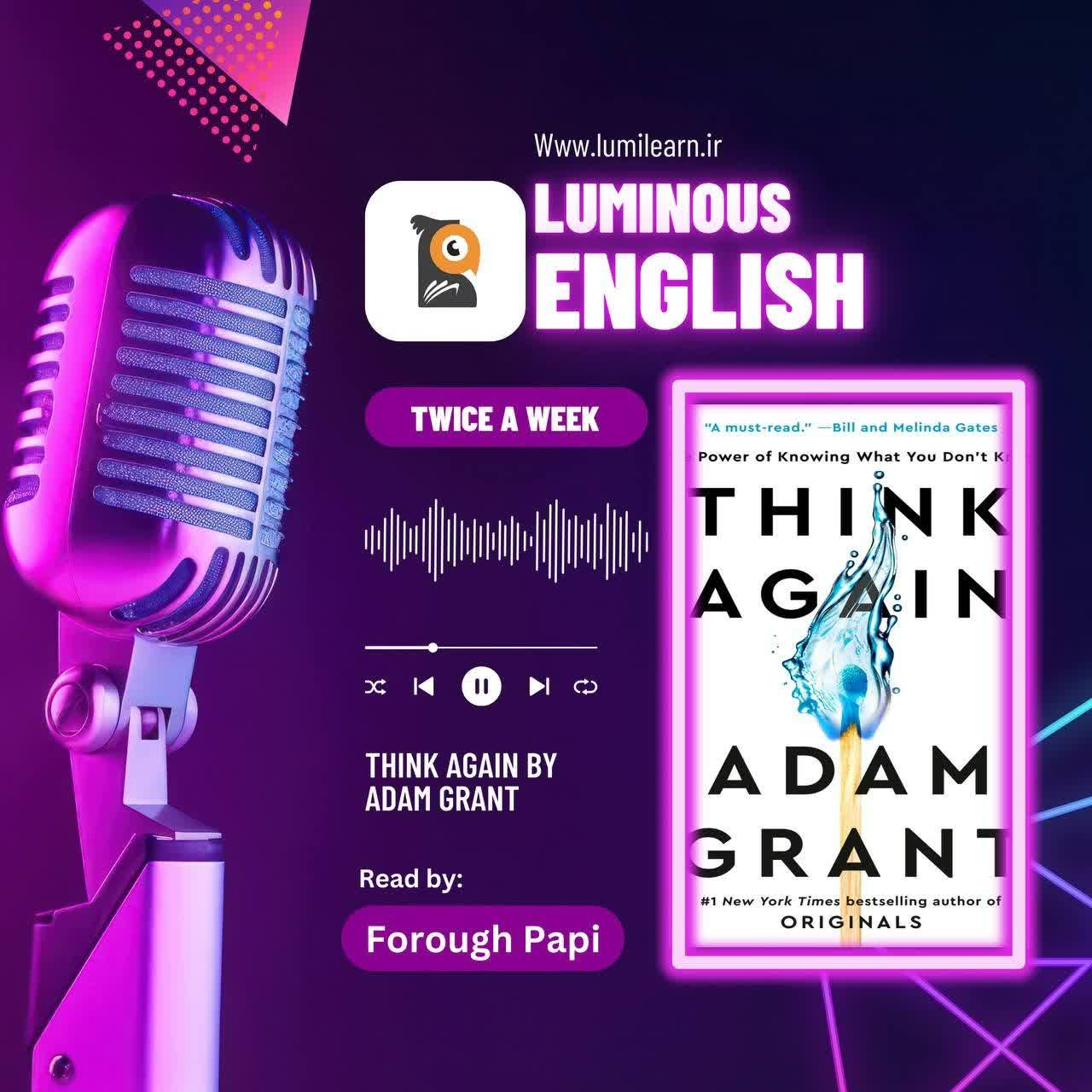
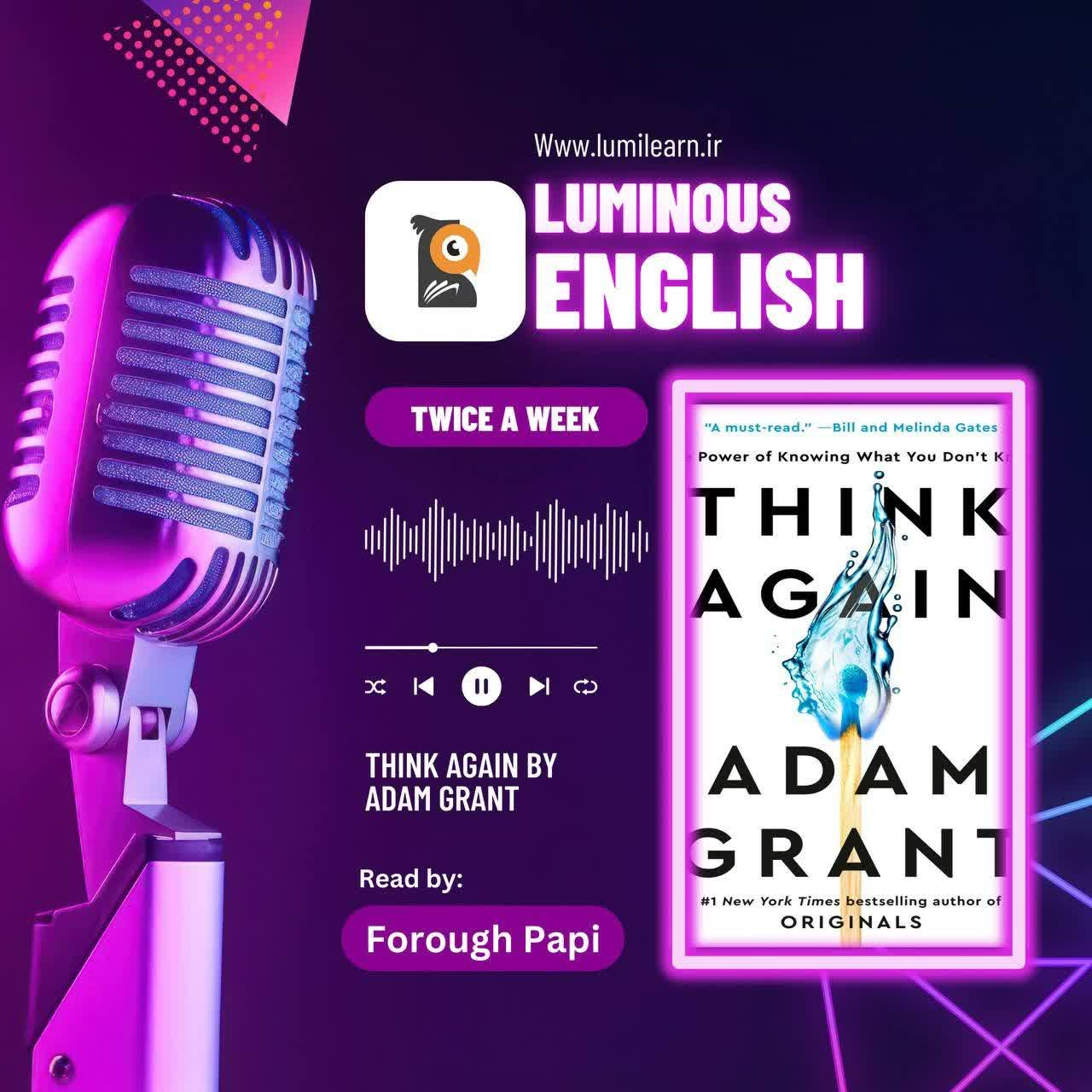
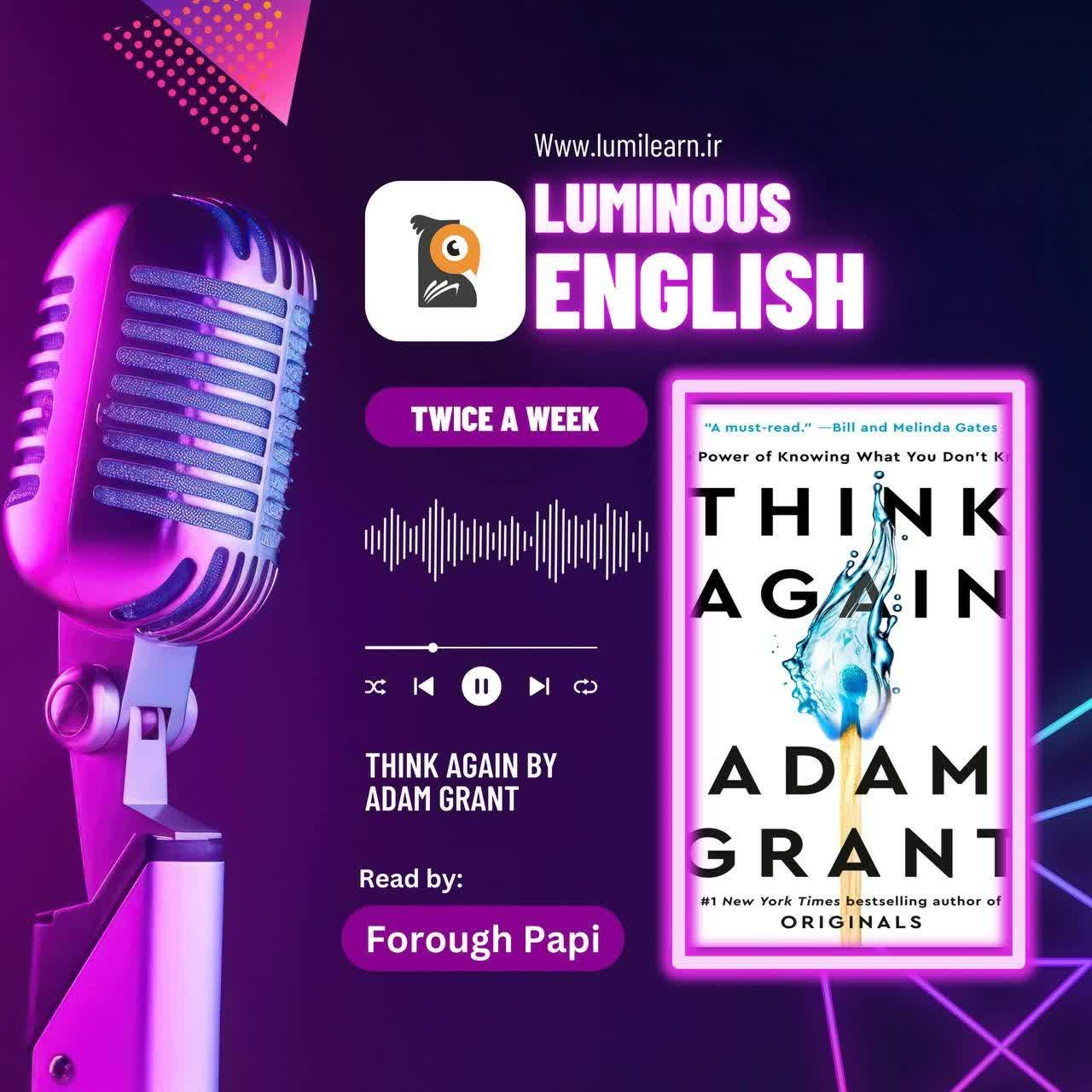
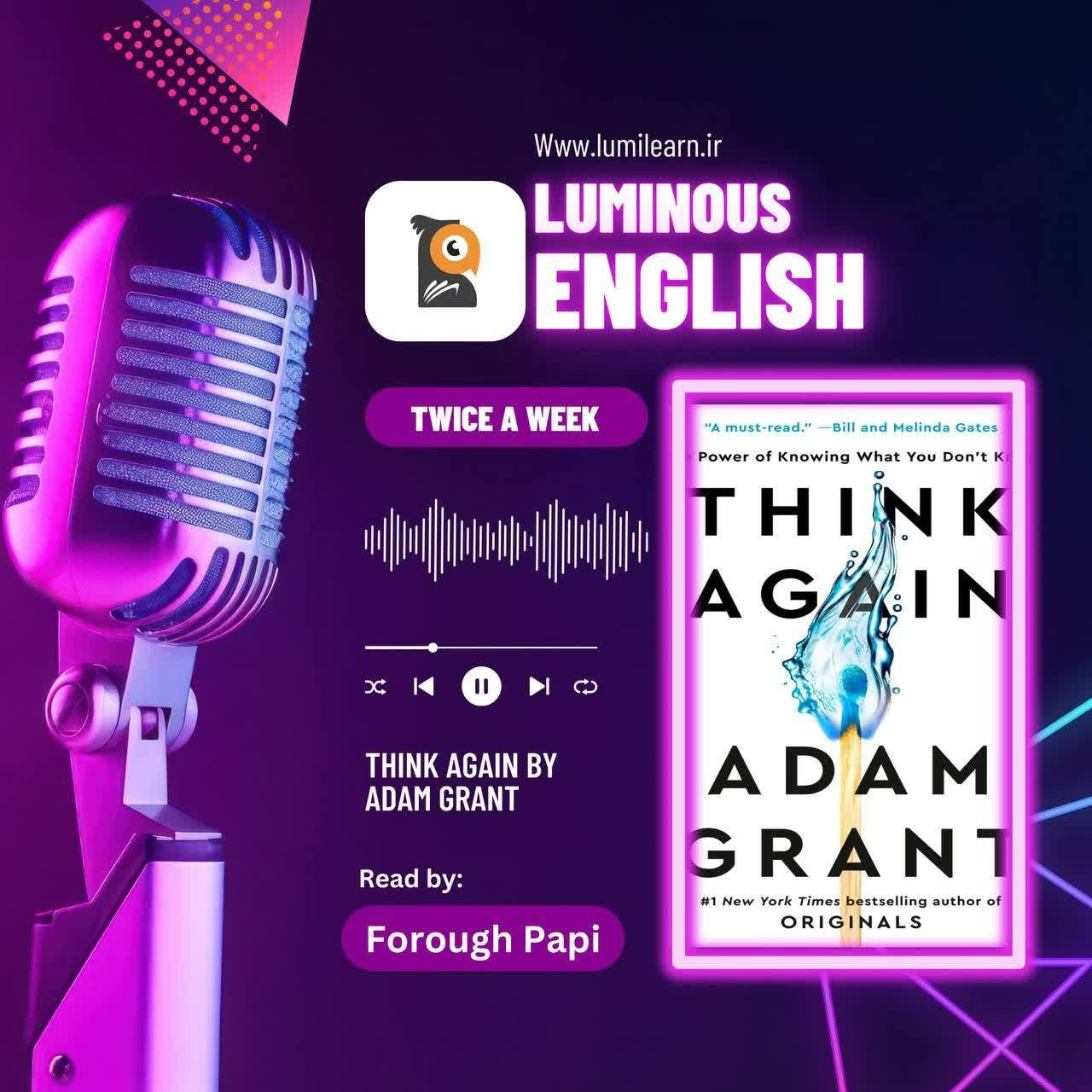
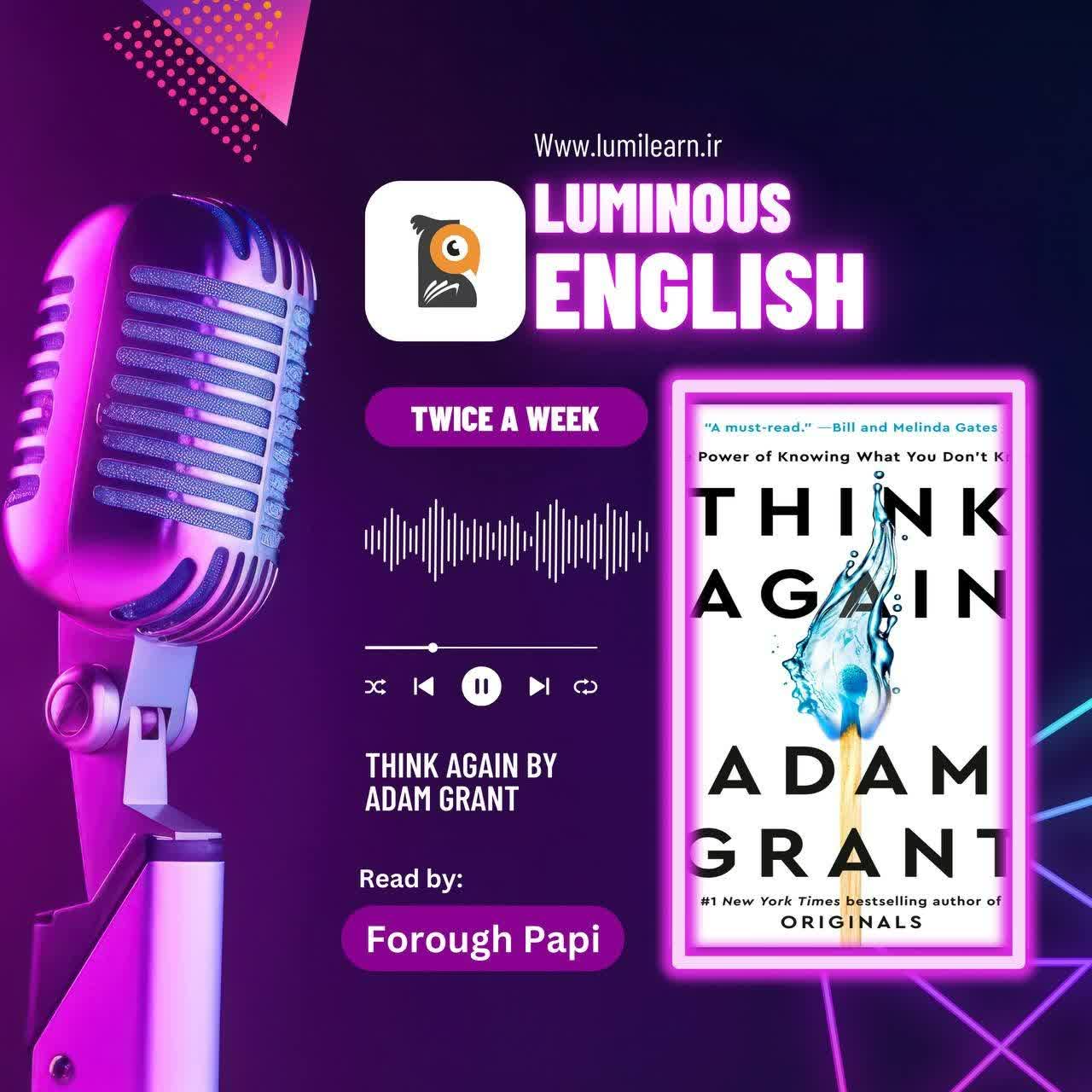
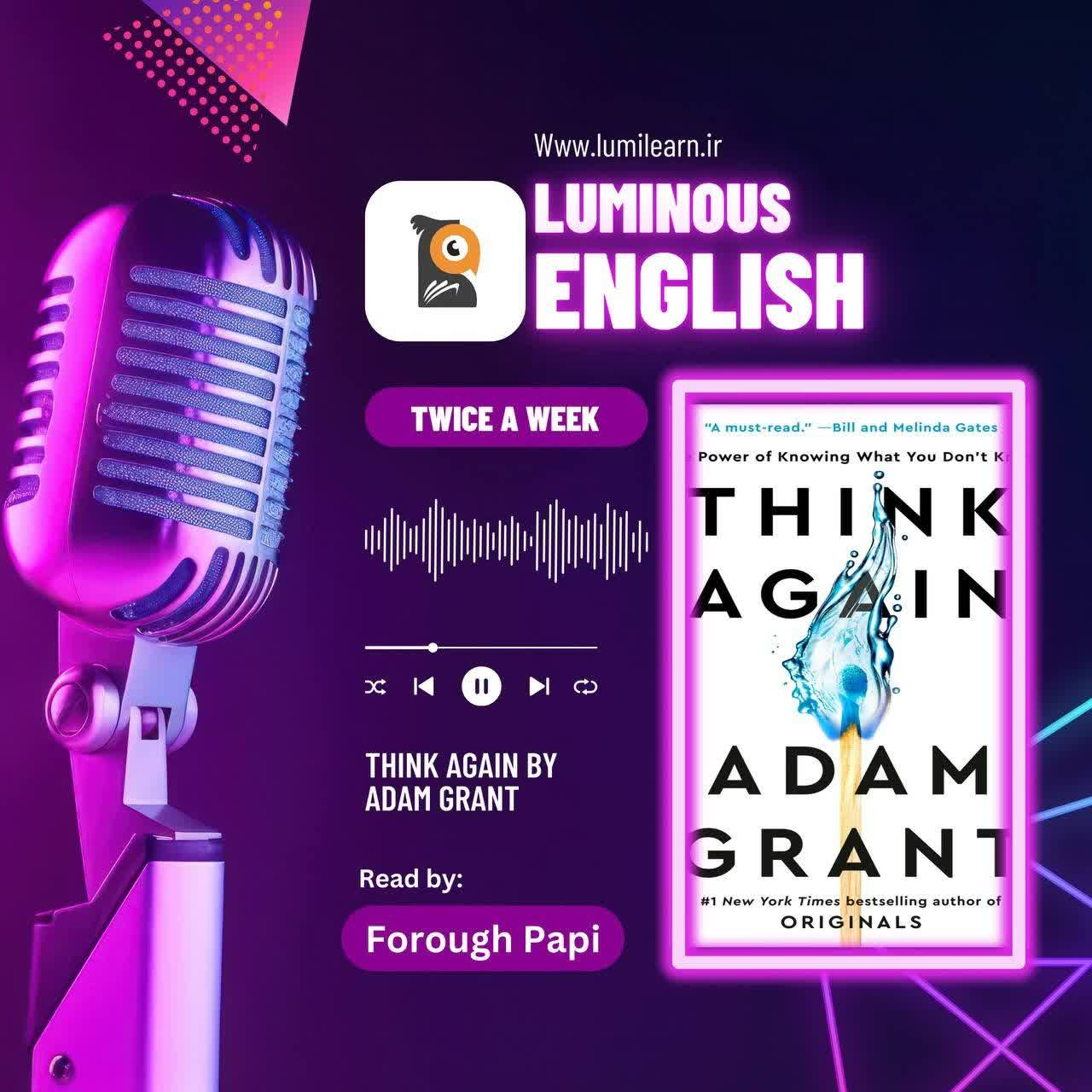
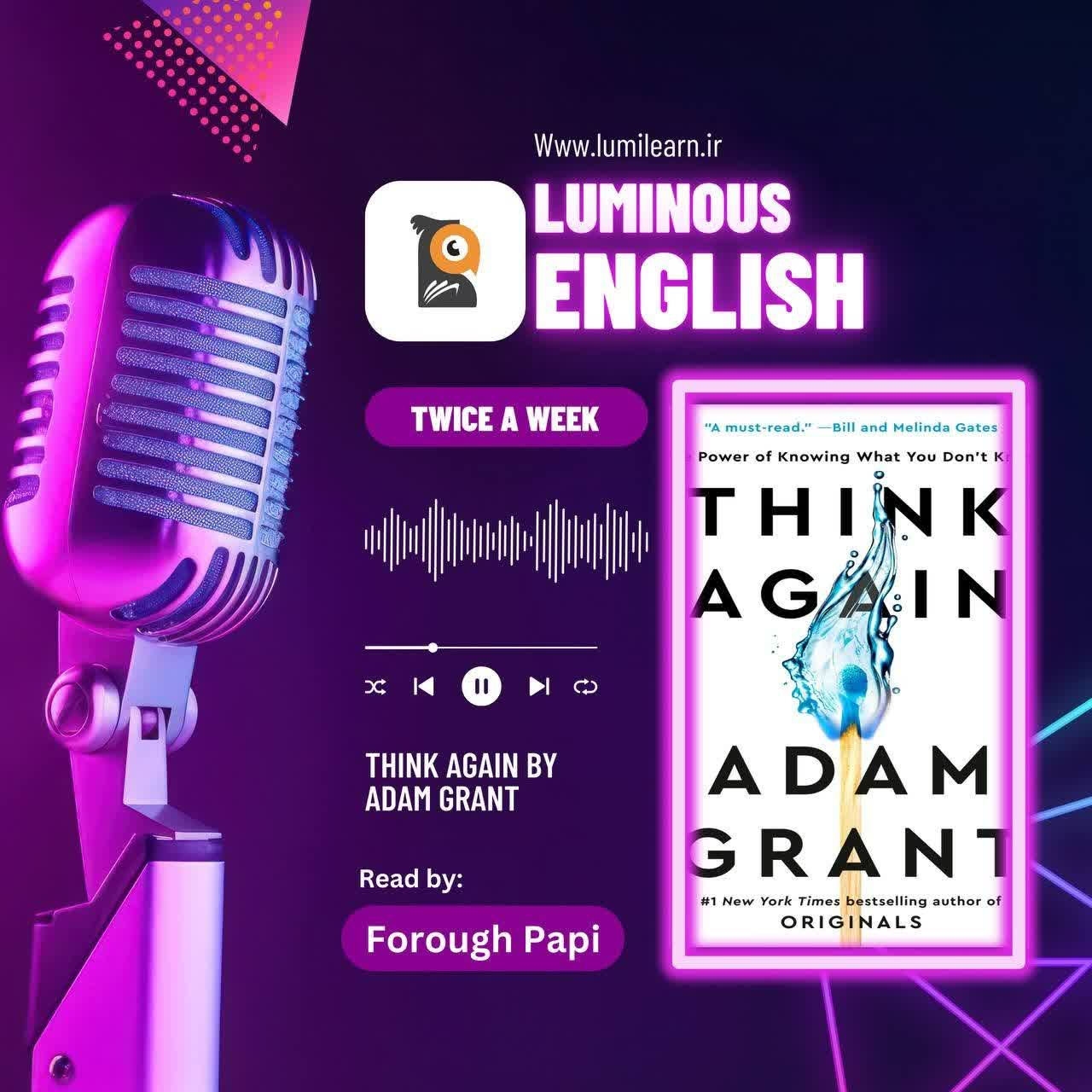
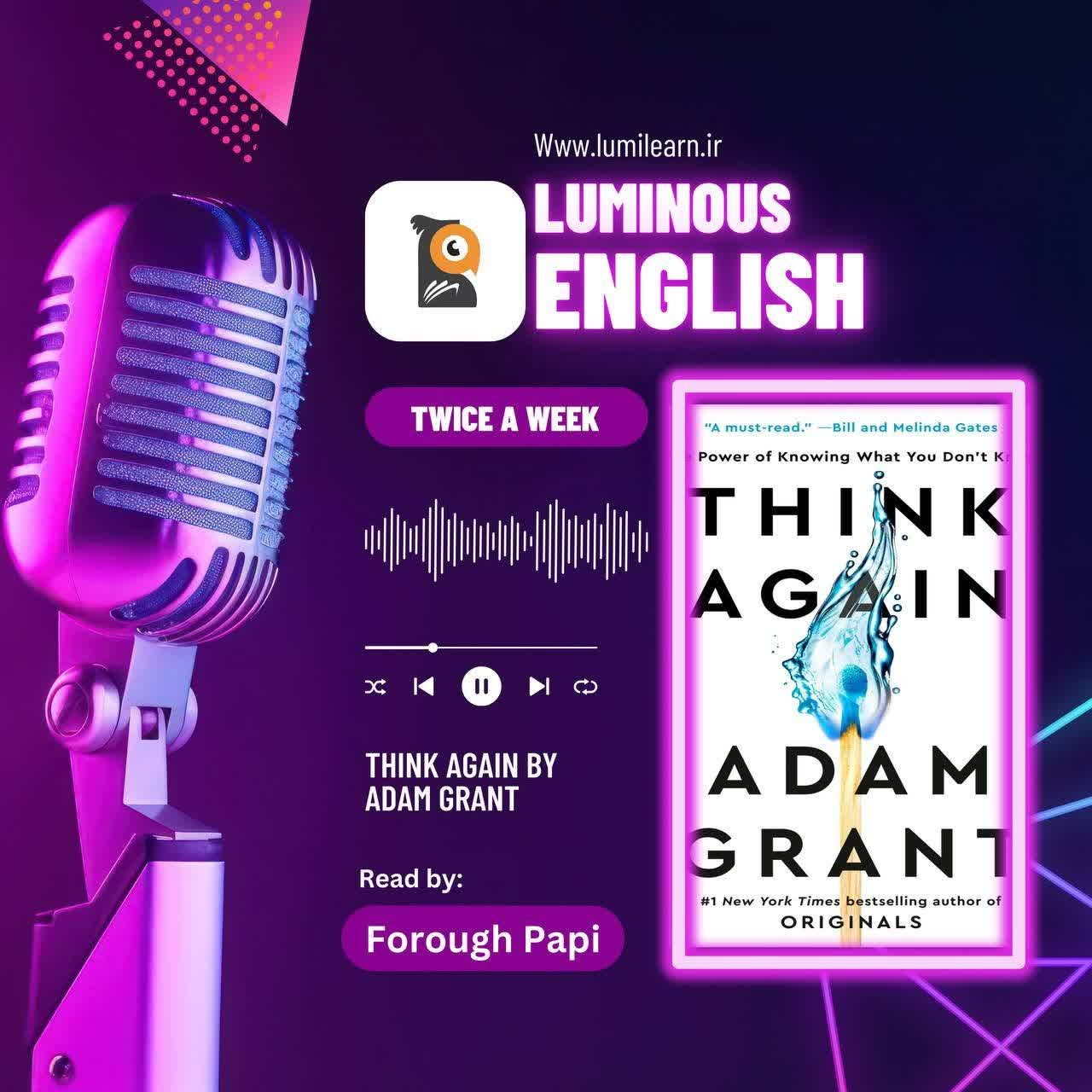
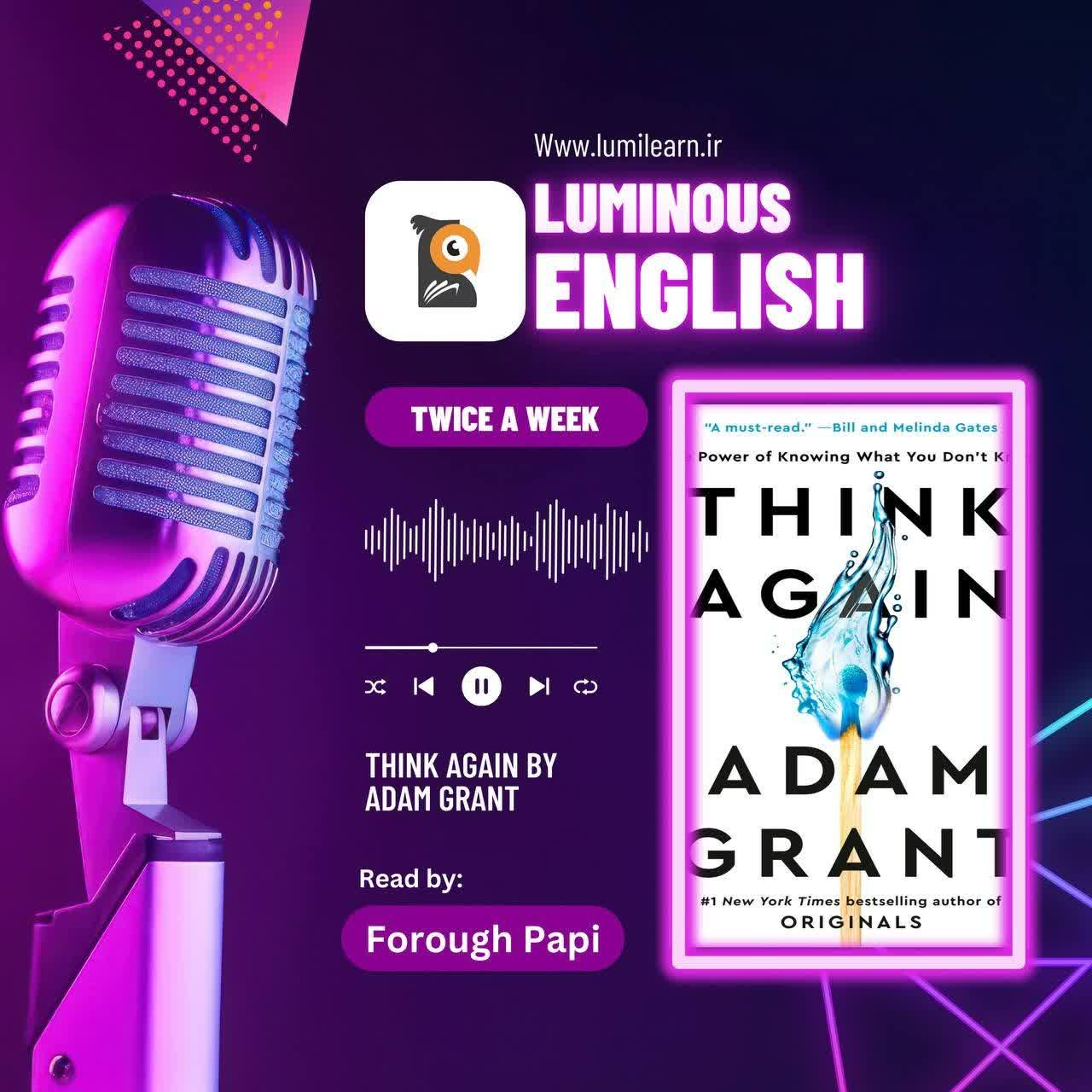
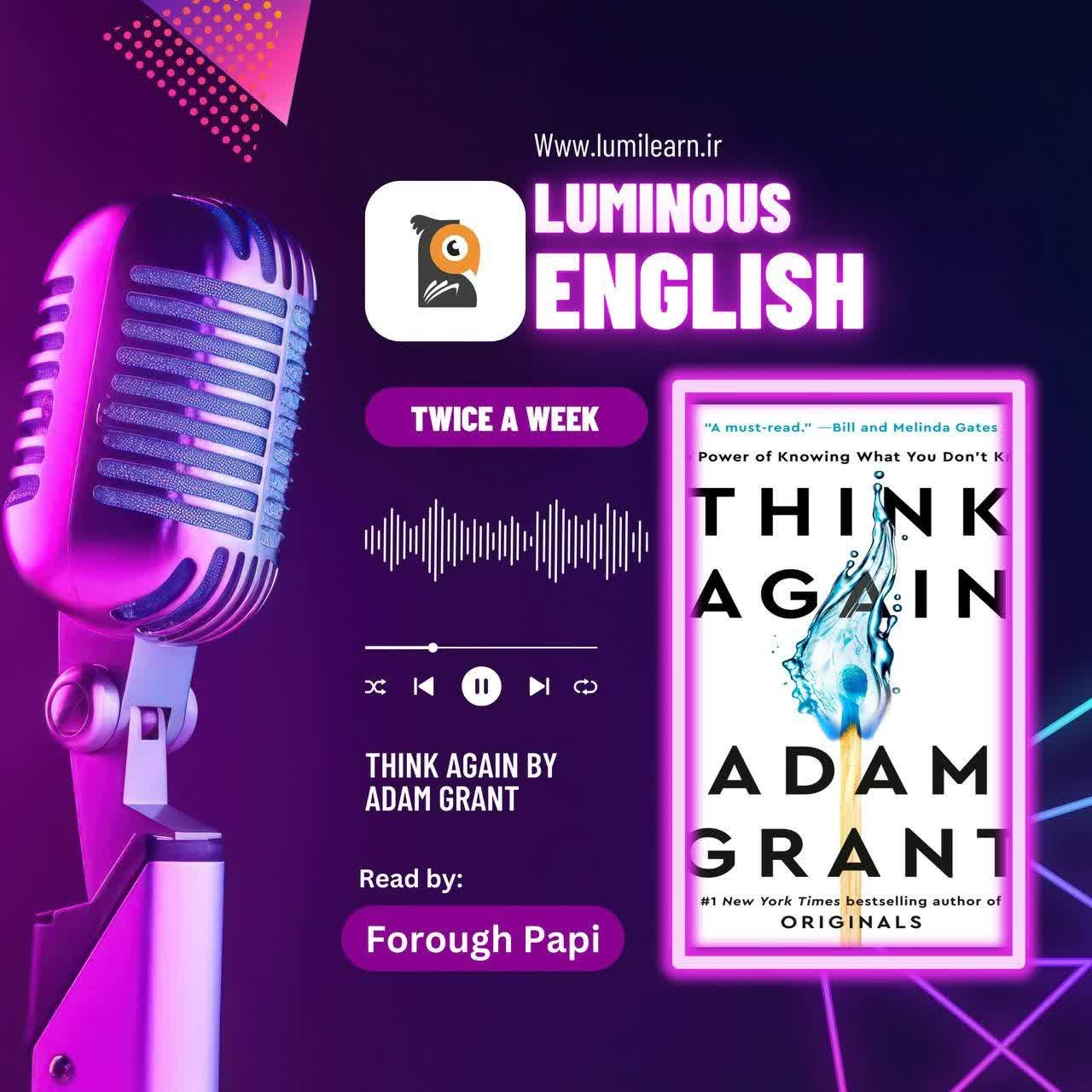
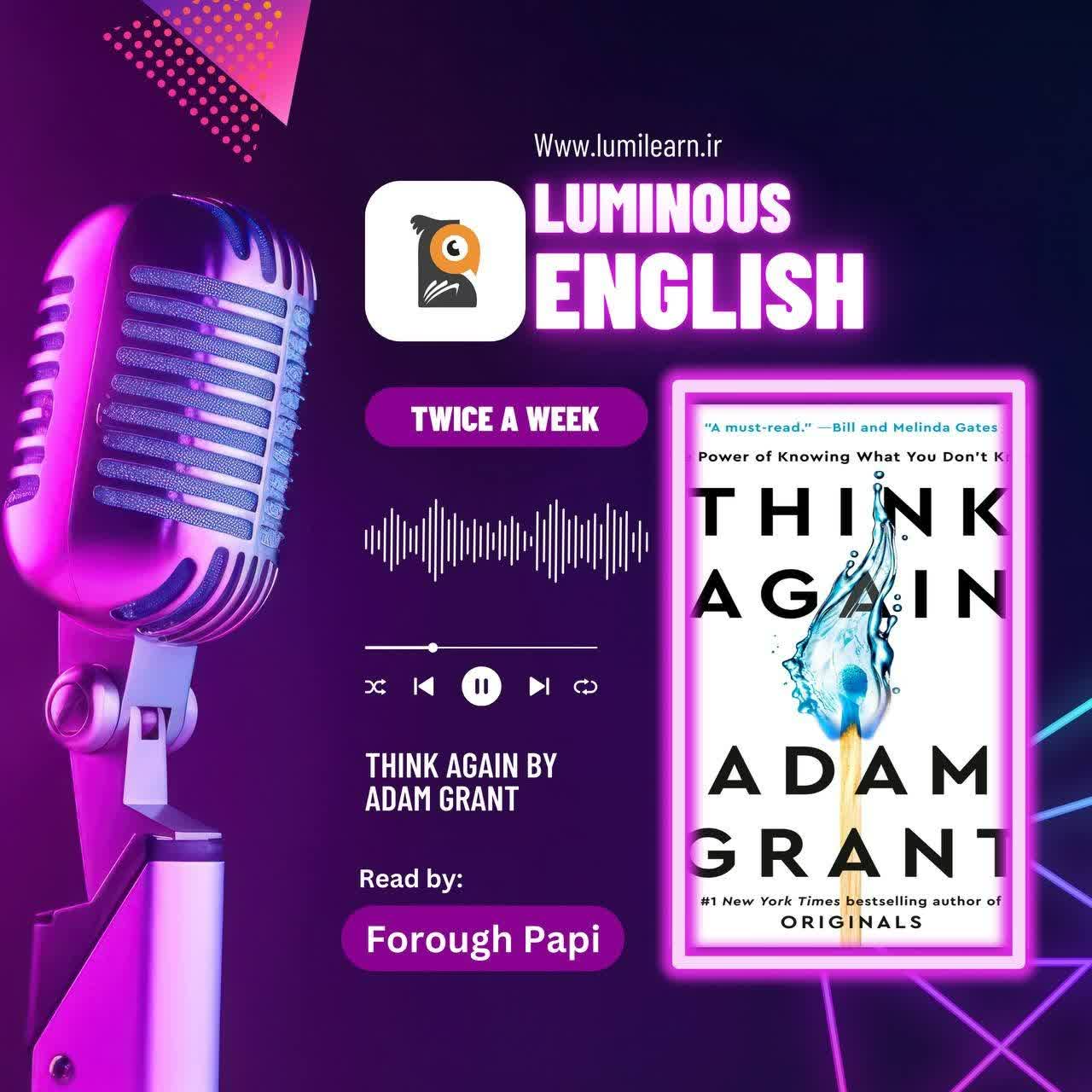
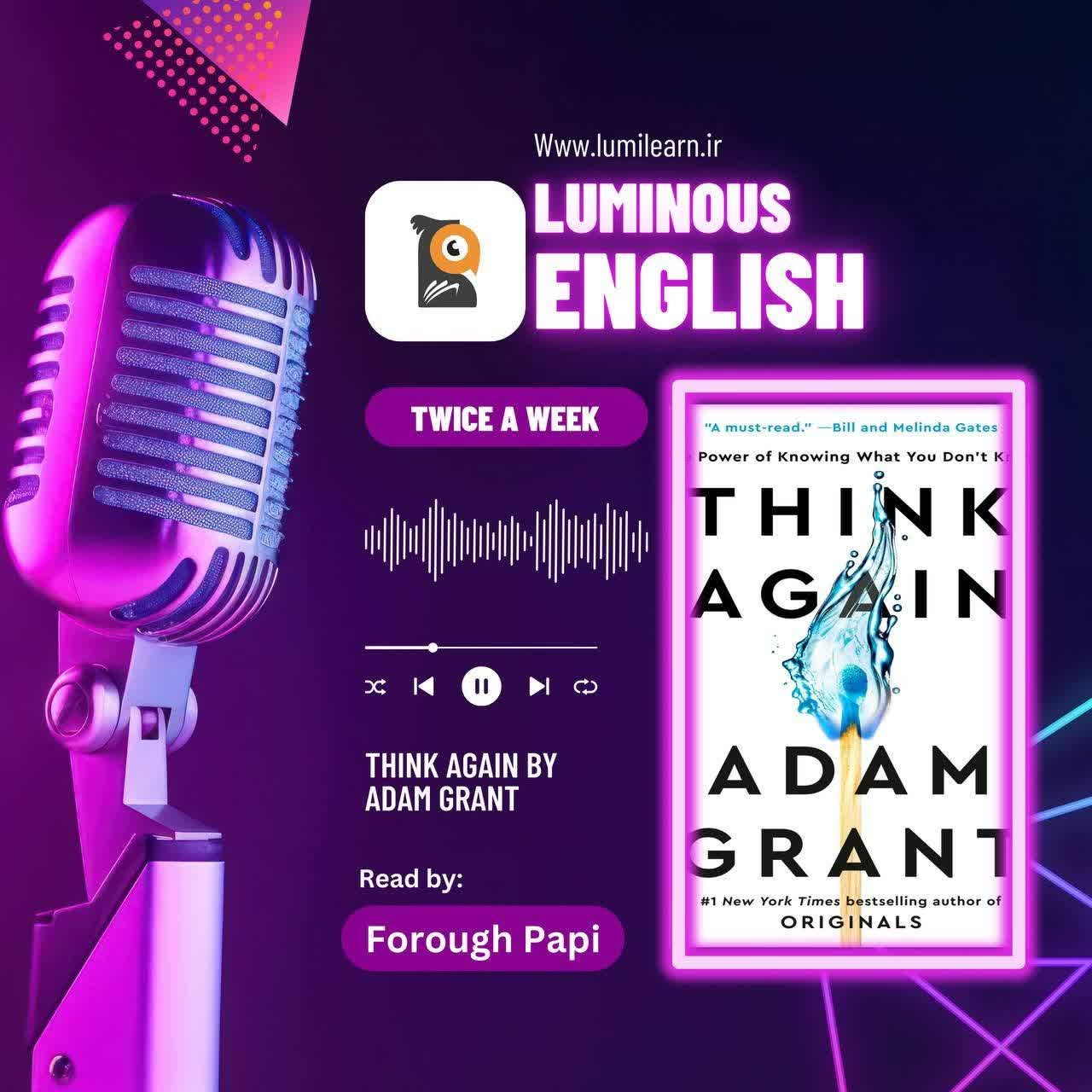
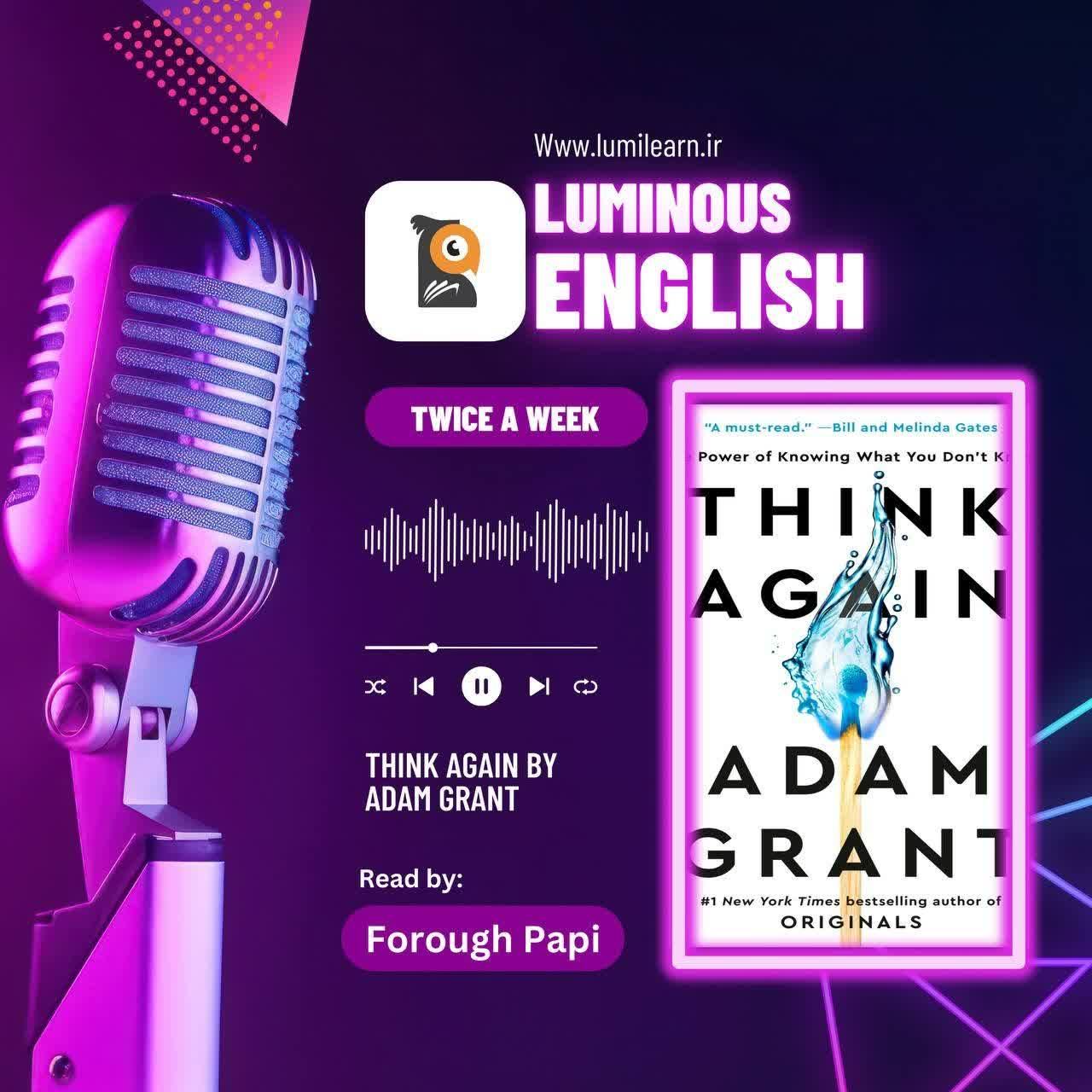
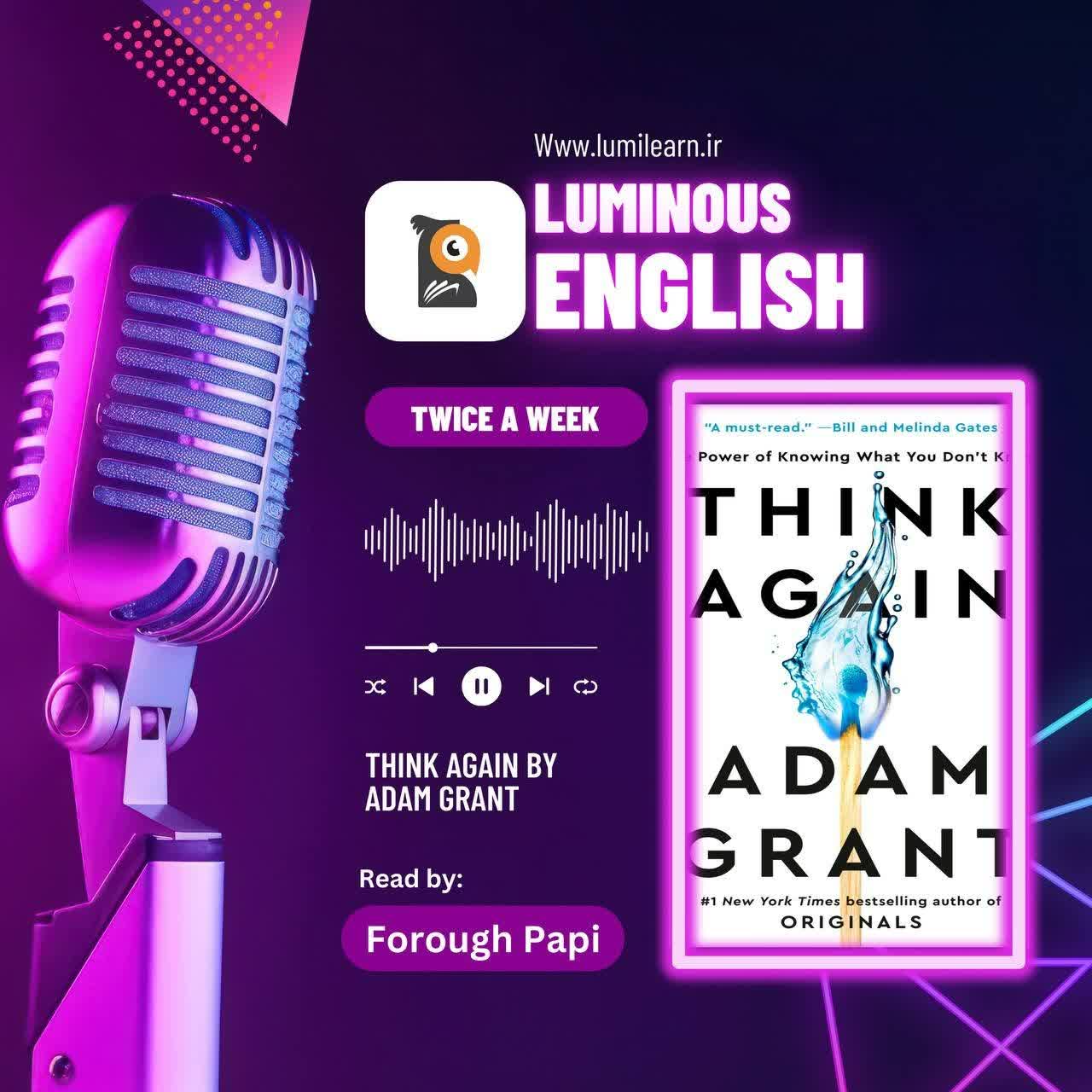
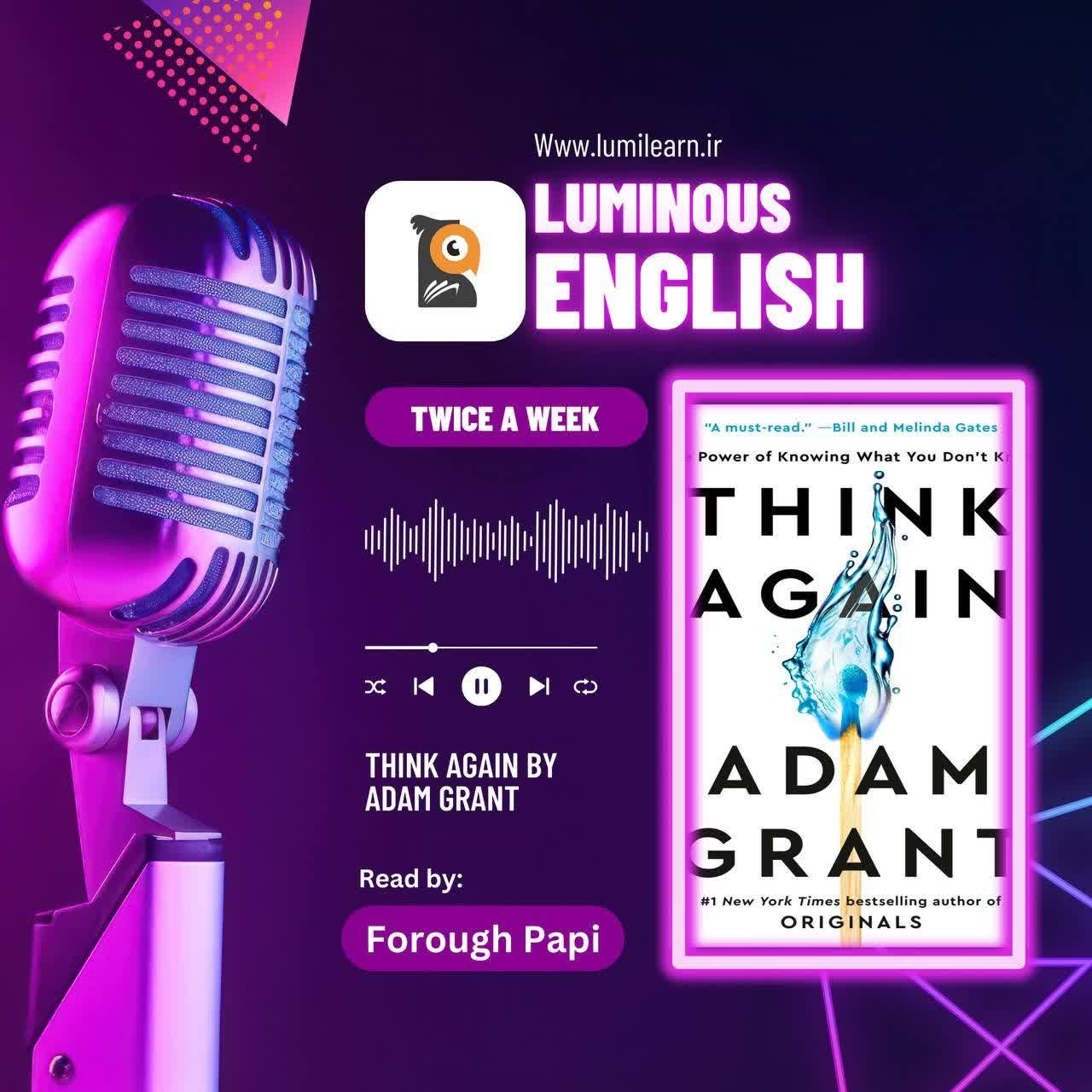
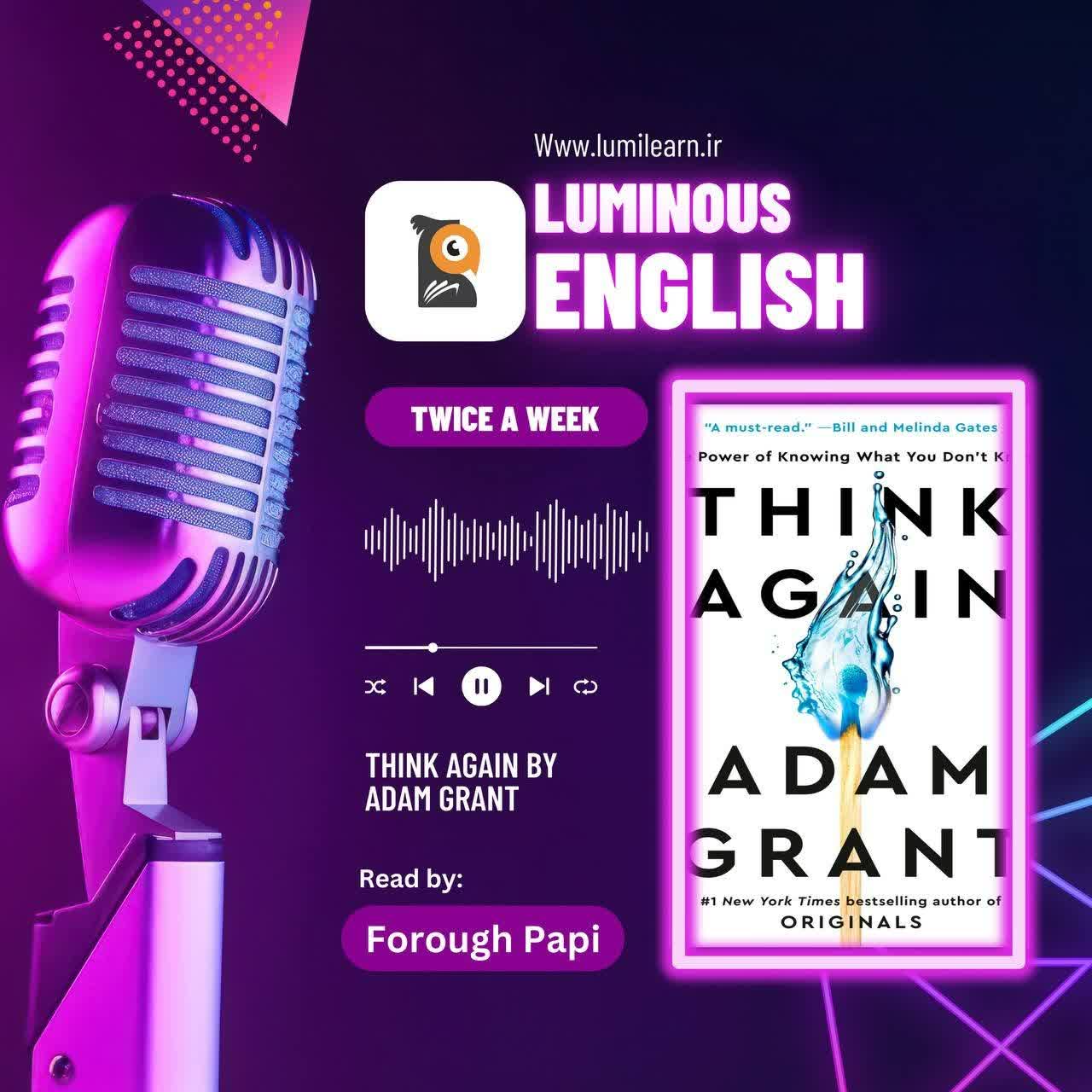
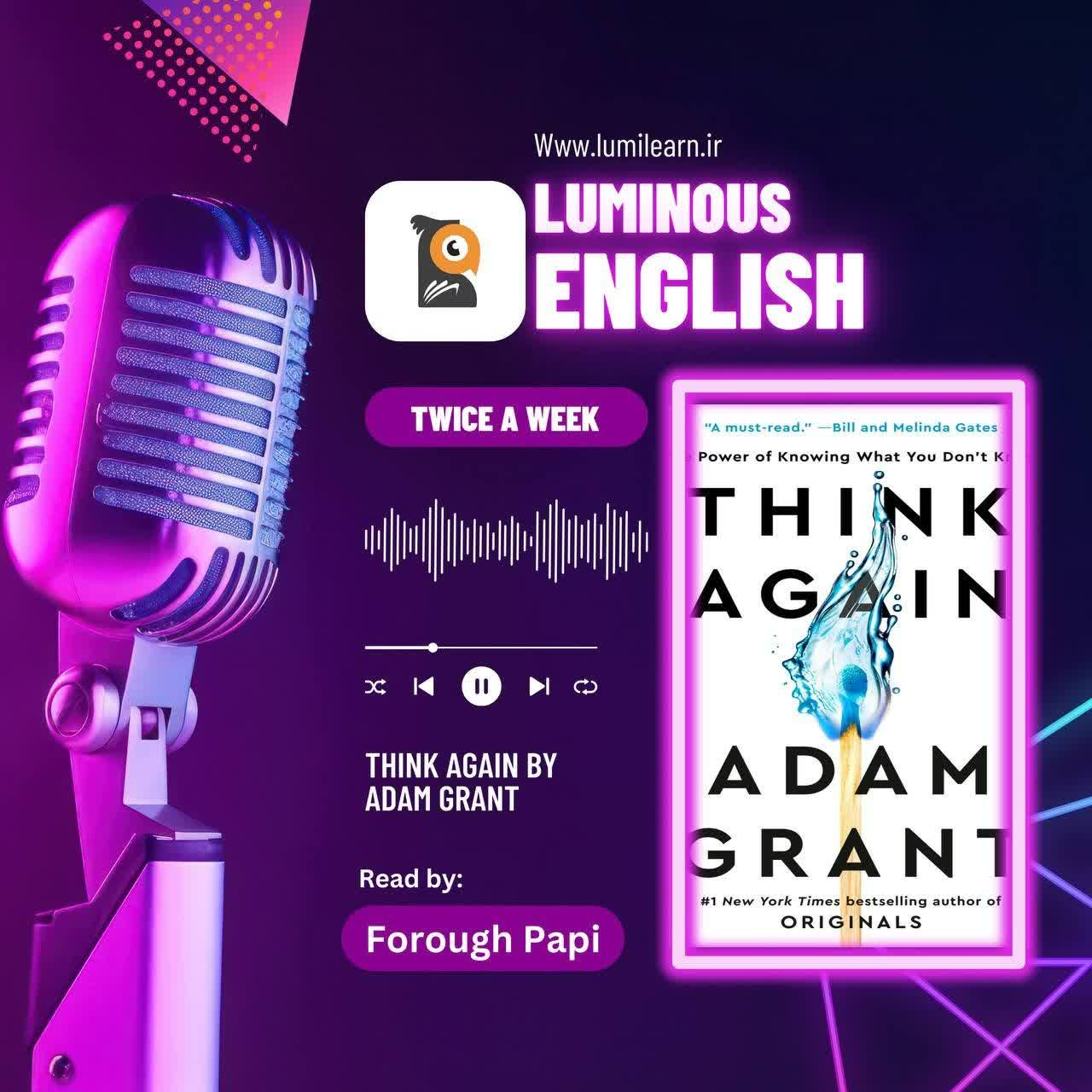
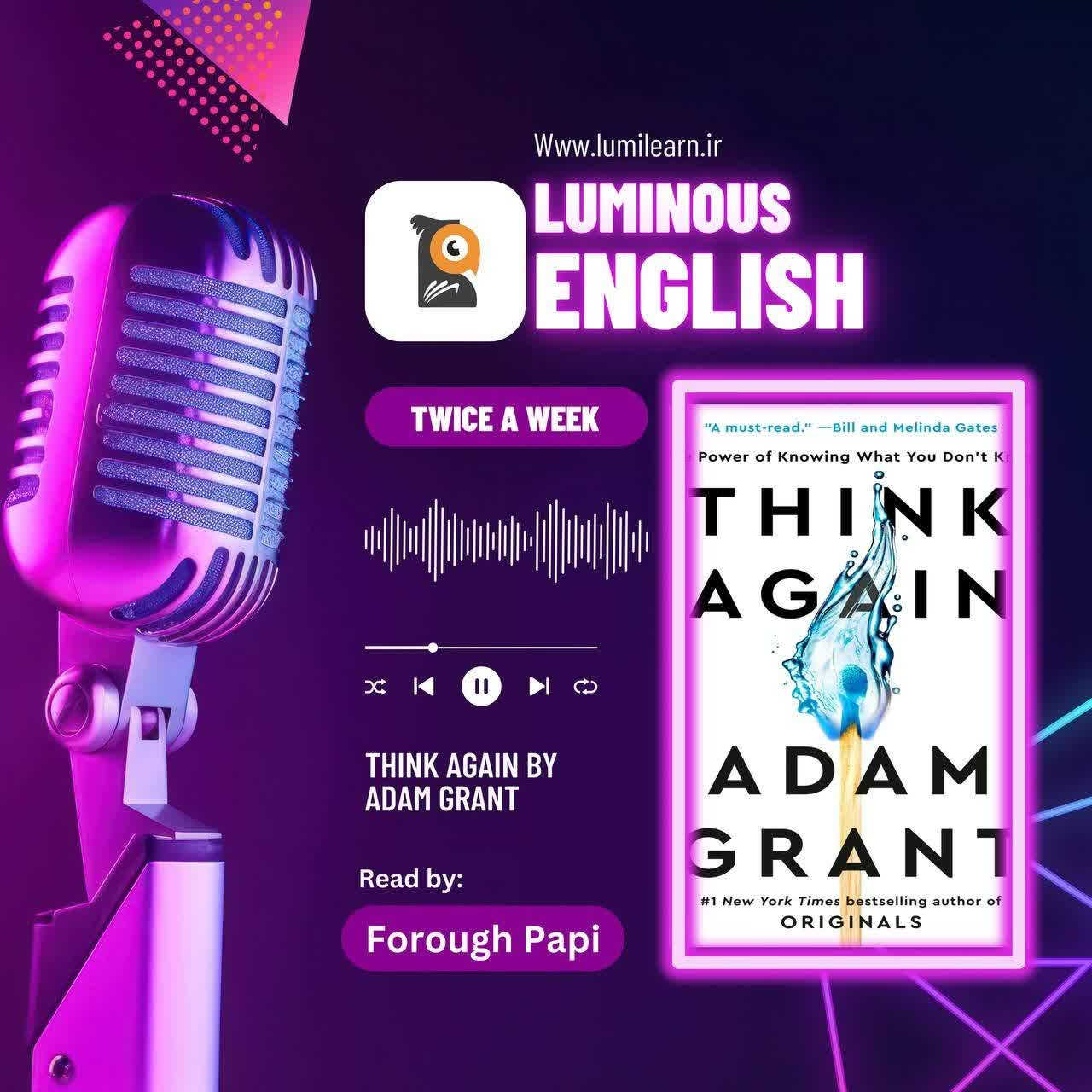




great 👍🏼
بسیار عالی لطفاً کتاب عصر گناه رو هم برامون بگید